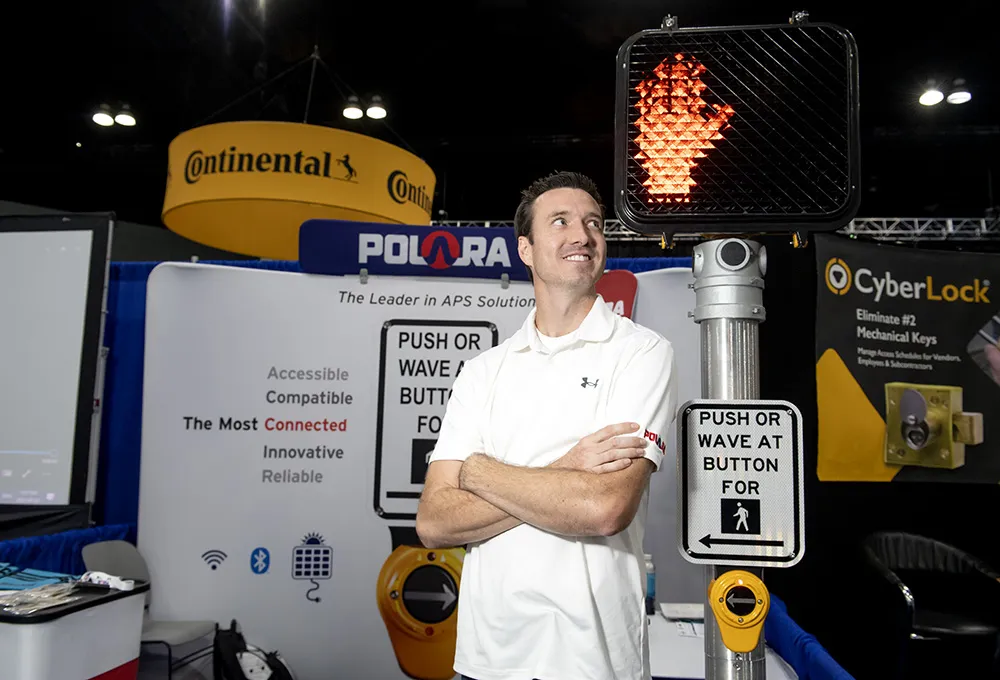The UK’s Network Rail is installing red light safety cameras at a level crossing in West Sussex to stop drivers putting lives at risk.
The new cameras will be equipped with number plate recognition technology, meaning motorists misusing the crossing can now be automatically identified and prosecuted by British Transport Police.
These types of cameras were first introduced on Britain’s rail network in 2015 and, according to Network Rail, have since proven to be extremely successful with driver non-comp
February 10, 2017
Read time: 2 mins
The UK’s 5021 Network Rail is installing red light safety cameras at a level crossing in West Sussex to stop drivers putting lives at risk.
The new cameras will be equipped with number plate recognition technology, meaning motorists misusing the crossing can now be automatically identified and prosecuted by British Transport Police.
These types of cameras were first introduced on Britain’s rail network in 2015 and, according to Network Rail, have since proven to be extremely successful with driver non-compliance down by as much as 90 per cent at some crossings.
Located on the busy Sussex West Coastway rail line between Barnham and Ford stations, Yapton level crossing is one of the most misused crossings in the south east, with incidents of drivers jumping red lights, vehicles striking and weaving around barriers and queuing over the crossing as the barriers come down occurring almost daily. In one recent incident, a motorist drove onto the track causing 21 train cancellations and severe service disruption which cost the rail industry US$200,000 (£160,000).
Yapton is a half barrier level crossing which is triggered automatically by approaching trains. In addition to the barriers which descend, there are flashing warning lights and an audible ‘yodel’ alarm to alert road users and pedestrians that a train is approaching. On average, 300 trains pass over the crossing each day. The full line speed of 75mph has been reduced to 35mph to reduce the likelihood a collision between a train and vehicle.
The new cameras will be equipped with number plate recognition technology, meaning motorists misusing the crossing can now be automatically identified and prosecuted by British Transport Police.
These types of cameras were first introduced on Britain’s rail network in 2015 and, according to Network Rail, have since proven to be extremely successful with driver non-compliance down by as much as 90 per cent at some crossings.
Located on the busy Sussex West Coastway rail line between Barnham and Ford stations, Yapton level crossing is one of the most misused crossings in the south east, with incidents of drivers jumping red lights, vehicles striking and weaving around barriers and queuing over the crossing as the barriers come down occurring almost daily. In one recent incident, a motorist drove onto the track causing 21 train cancellations and severe service disruption which cost the rail industry US$200,000 (£160,000).
Yapton is a half barrier level crossing which is triggered automatically by approaching trains. In addition to the barriers which descend, there are flashing warning lights and an audible ‘yodel’ alarm to alert road users and pedestrians that a train is approaching. On average, 300 trains pass over the crossing each day. The full line speed of 75mph has been reduced to 35mph to reduce the likelihood a collision between a train and vehicle.









